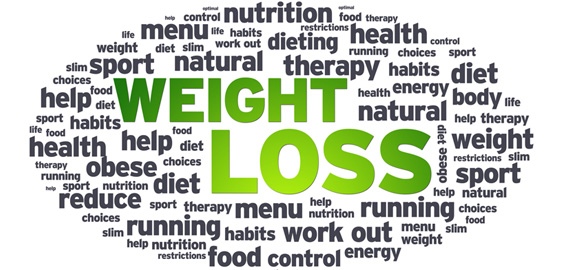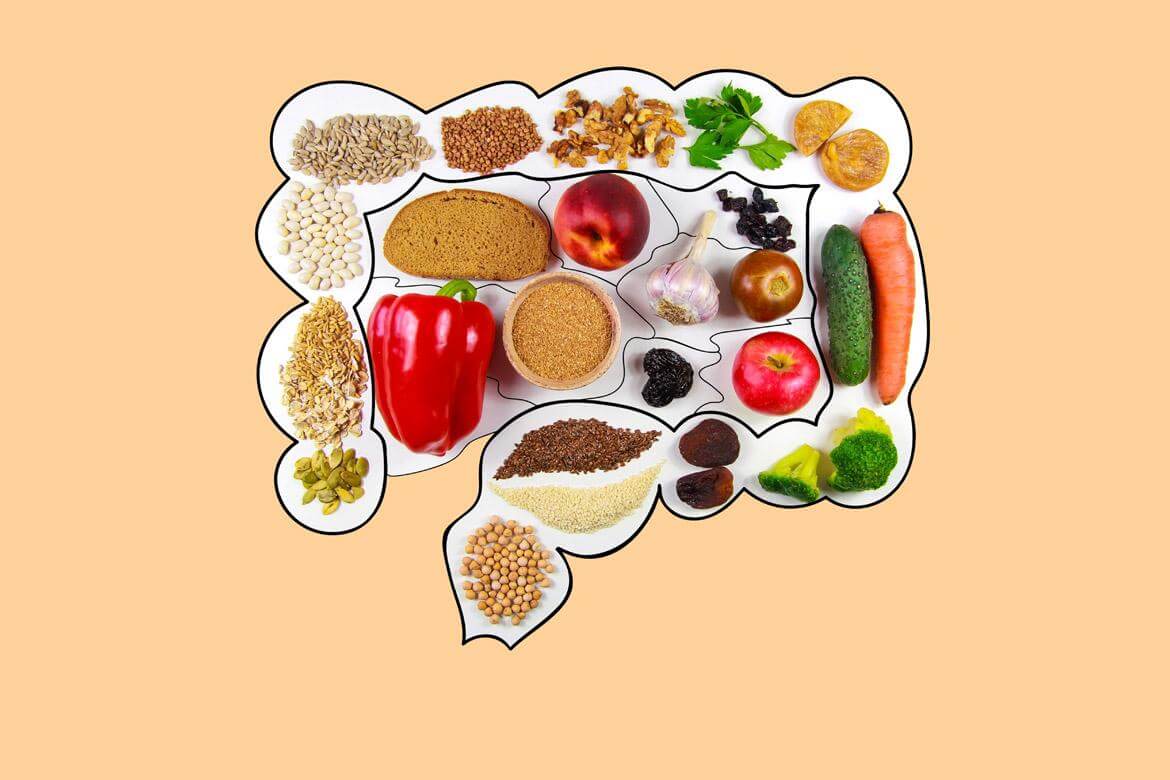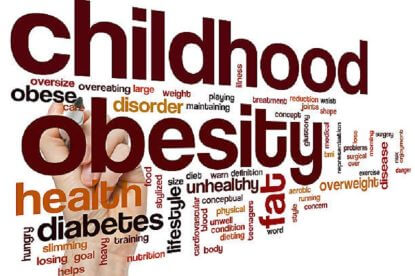Now, a brain scanner to detect weight loss success
Fri 04 Nov 2016, 11:34:45

A team of researchers at the Wake Forest Baptist Medical Center has developed a non-invasive brain scanner which can predict weight loss success based on the brain volume of the elderly.
"A simple test that can predict intentional weight loss success using structural brain characteristics could ultimately be used to tailor treatment for patients," said Jonathan Burdette, Professor at the school at Winston-Salem, North Carolina, in the US.
"For example, people identified at high risk for failure might benefit from intensive treatment and close guidance. People identified as having a high probability for success might best respond to less intensive treatment," Burdette added.
In the study, the researchers observed 52 participants, aged 60 to 79, who were overweight or obese
(BMI greater than 28 and less than 42) and had a history of either cardiovascular disease or metabolic syndrome.All participants had a baseline MRI scan and then were randomised to one of three groups -- diet only, diet plus aerobic exercise training or diet plus resistance exercise training. The goal of the 18-month diet and exercise programme was a weight loss of seven to 10 per cent of body mass.
(BMI greater than 28 and less than 42) and had a history of either cardiovascular disease or metabolic syndrome.All participants had a baseline MRI scan and then were randomised to one of three groups -- diet only, diet plus aerobic exercise training or diet plus resistance exercise training. The goal of the 18-month diet and exercise programme was a weight loss of seven to 10 per cent of body mass.
Basic brain structure information garnered from the MRIs was classified using a support vector machine, a type of computerised predictive algorithm. Predictions were based on baseline brain grey and white matter volume from the participants' MRIs and compared to the study participants' actual weight loss after the 18 months.
The study was published in the journal Obesity.
No Comments For This Post, Be first to write a Comment.
Most viewed from Health
AIMIM News
Latest Urdu News
Most Viewed
May 26, 2020
Should there be an India-Pakistan cricket match or not?
Latest Videos View All
Like Us
Home
About Us
Advertise With Us
All Polls
Epaper Archives
Privacy Policy
Contact Us
Download Etemaad App
© 2026 Etemaad Daily News, All Rights Reserved.

























.jpg)
.jpg)
.jpg)


